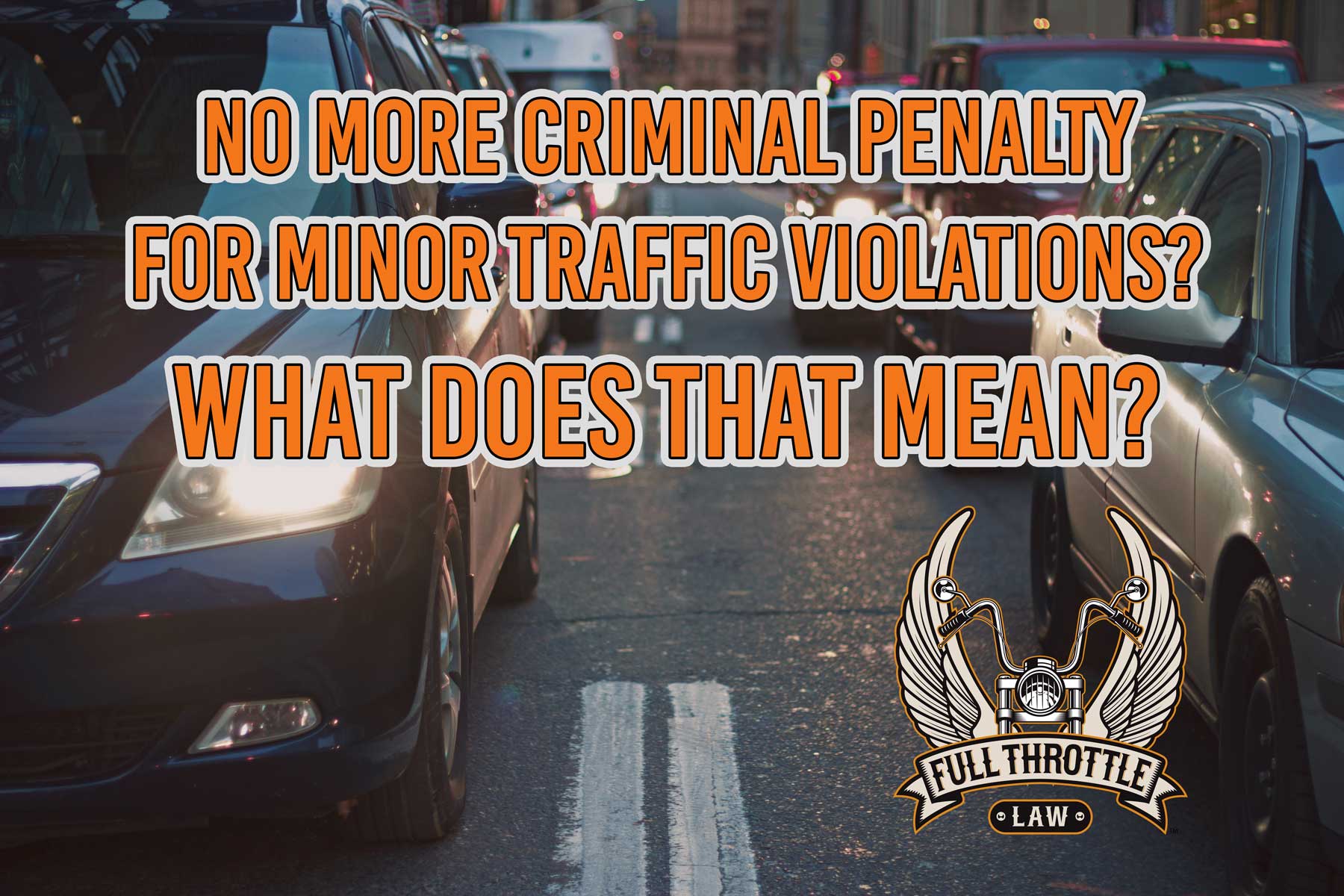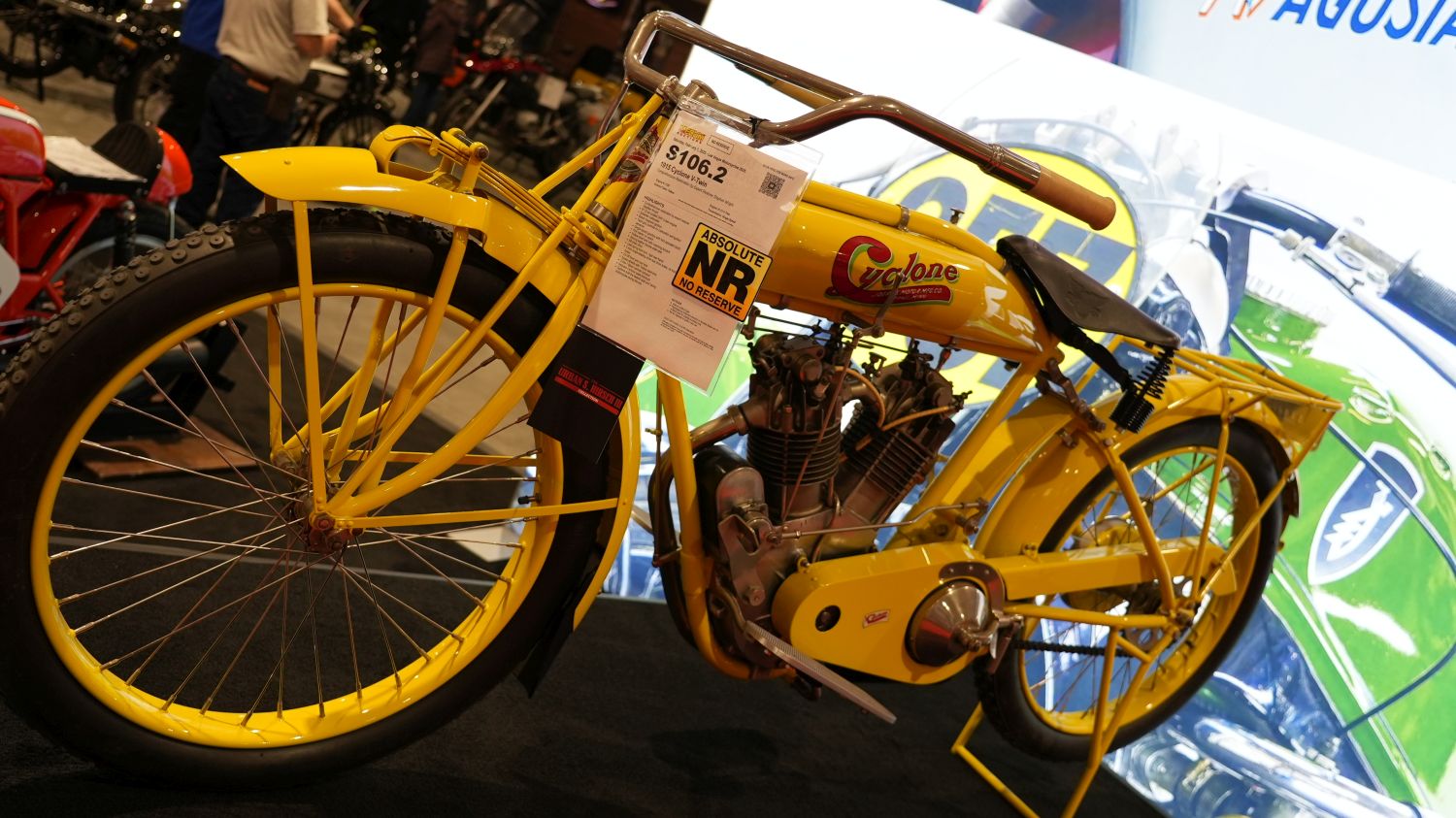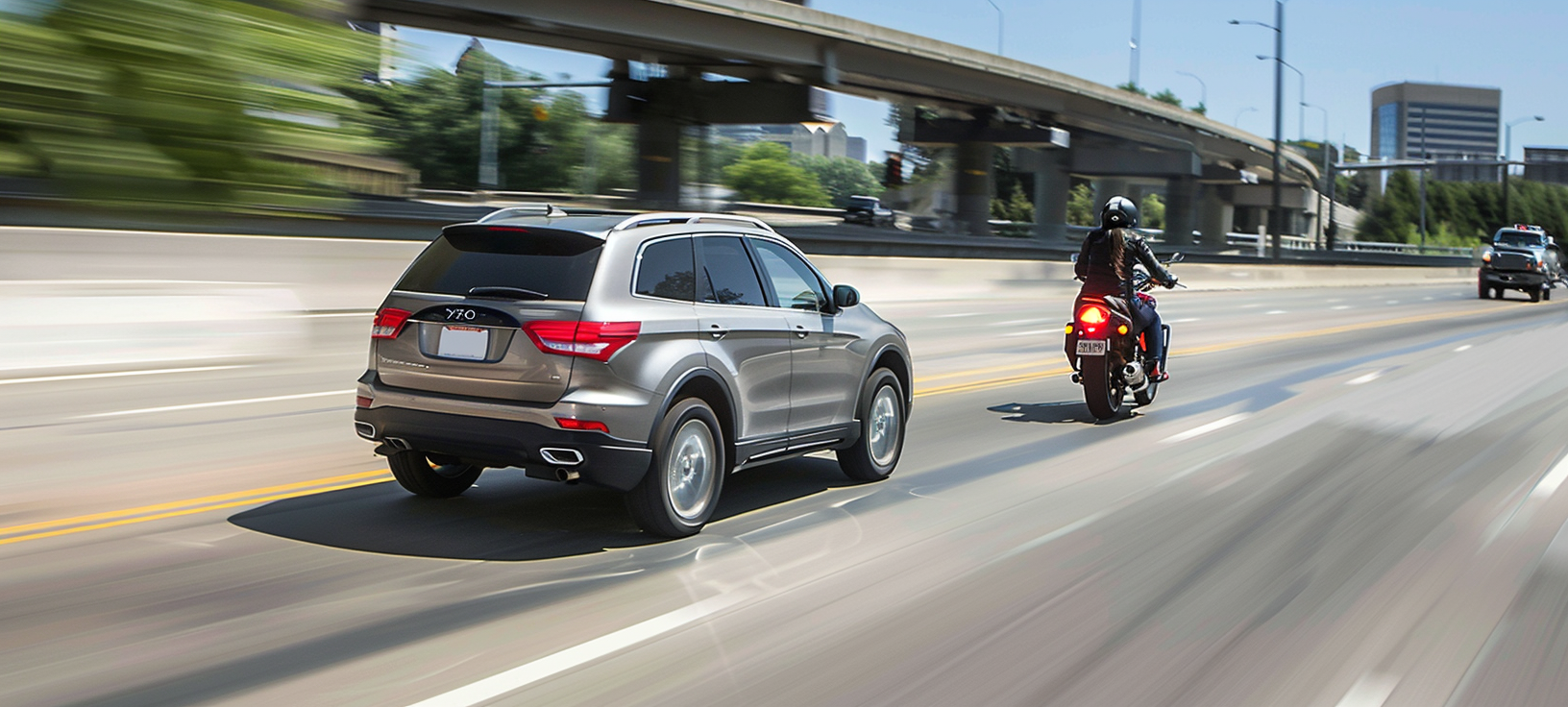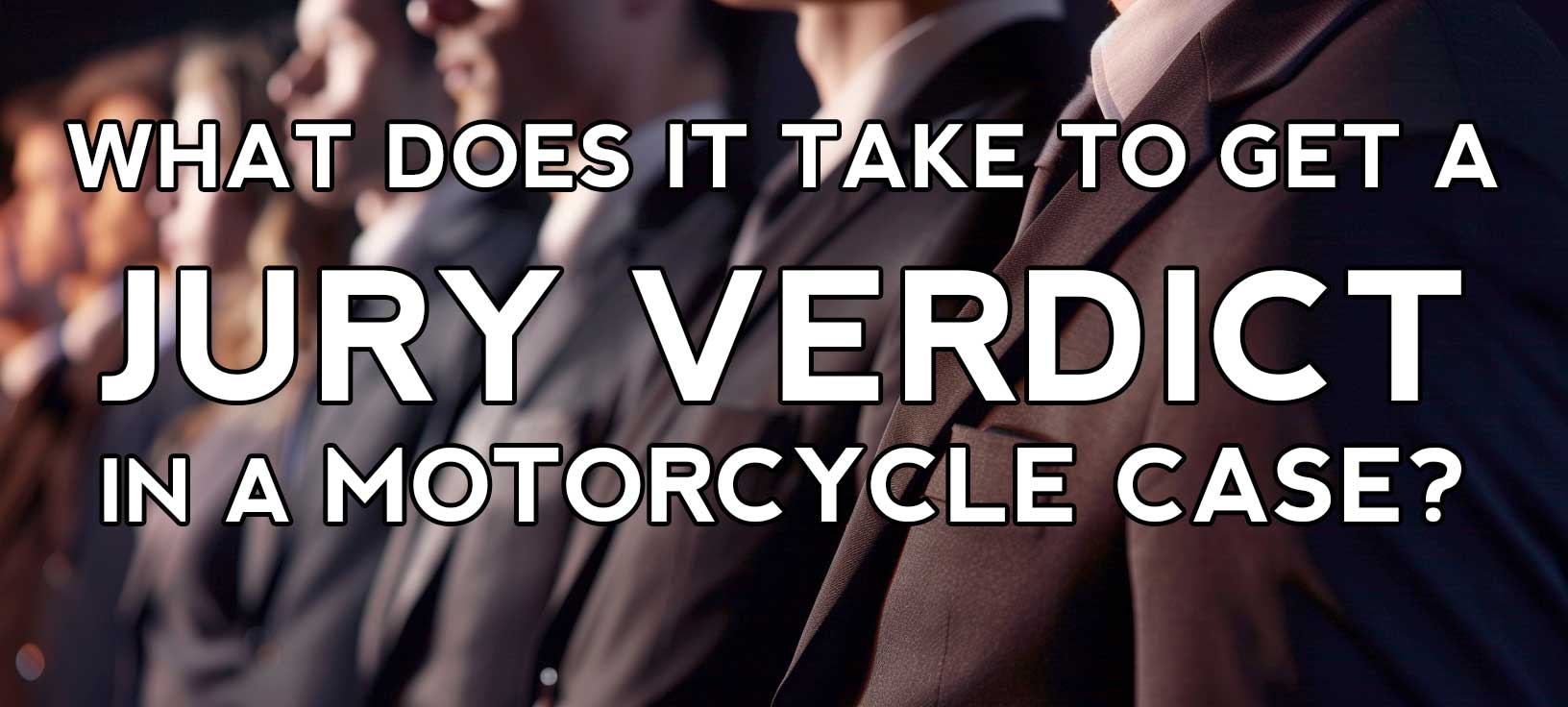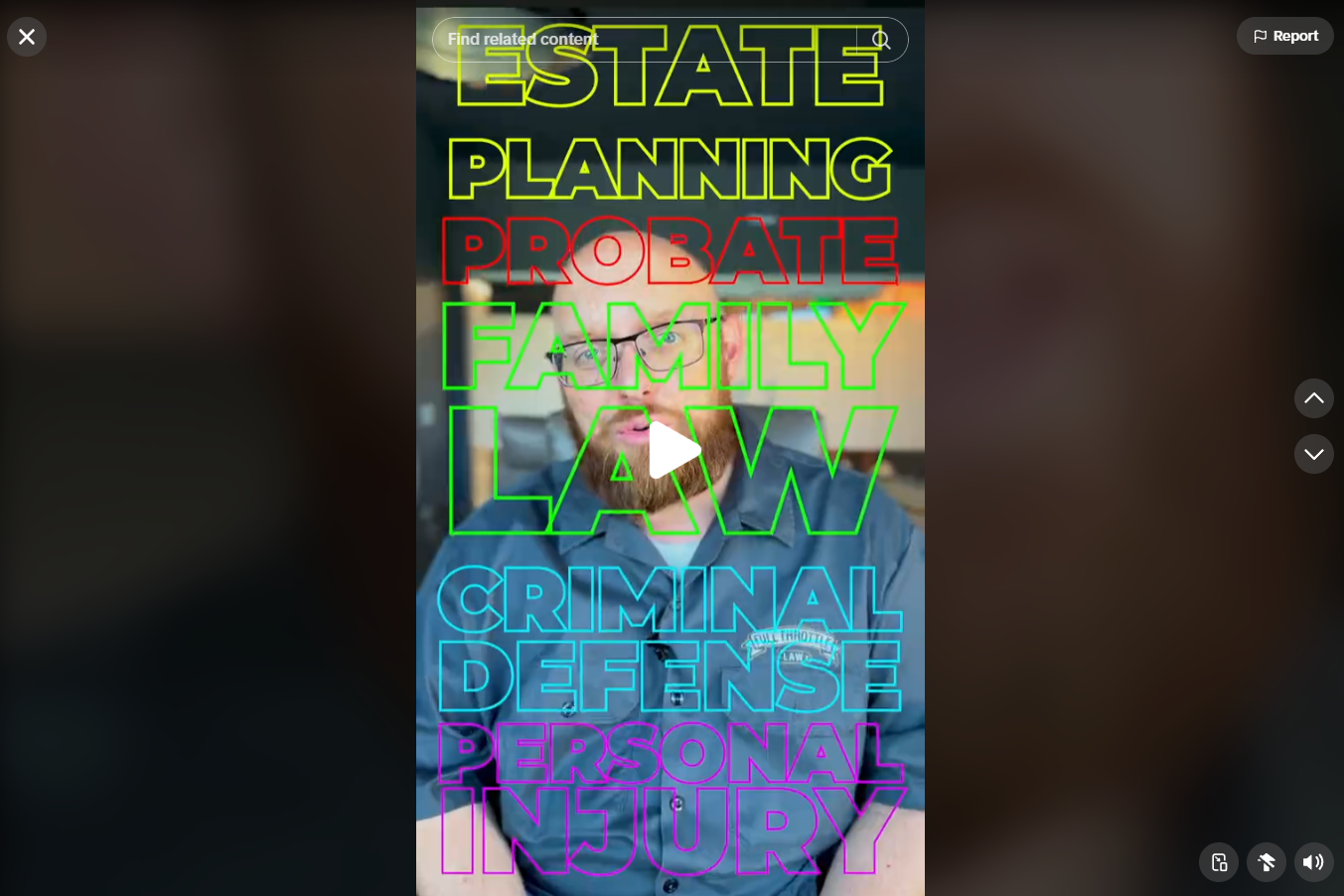A bill was signed into law this month that decriminalizes minor traffic offenses in Nevada. There is some good and some bad in this bill. You need to be familiar with it. The bill amends 76 pages of code, far more than I can effectively address here. However, here are some of the highlights.
For years, Nevada has been among a minority of states that makes minor traffic offenses, like going one mile over the speed limit, a misdemeanor. That made a technical criminal of virtually everyone who has ever driven. It made convicted criminals out of most people who have ever gotten a ticket.
 While a minor traffic misdemeanor is so common that most people shrug it off a no big deal, it has some very real work consequences. A minor traffic ticket is legally an arrestable offense. It is very rare that someone is arrested for a minor traffic offense and, indeed, it is against the policy of most police departments to do so. However, we have seen rider-profiling cases where an officer arrests a motorcyclist for things like a lapse in vehicle registration. Police departments usually discourage but rarely discipline officers for such behavior. Decriminalizing minor traffic tickets hopefully will eliminate this avenue of profiling and discrimination.
While a minor traffic misdemeanor is so common that most people shrug it off a no big deal, it has some very real work consequences. A minor traffic ticket is legally an arrestable offense. It is very rare that someone is arrested for a minor traffic offense and, indeed, it is against the policy of most police departments to do so. However, we have seen rider-profiling cases where an officer arrests a motorcyclist for things like a lapse in vehicle registration. Police departments usually discourage but rarely discipline officers for such behavior. Decriminalizing minor traffic tickets hopefully will eliminate this avenue of profiling and discrimination.
Decriminalizing minor traffic offenses will change the ticket from a criminal fine to a civil penalty. This is huge. Failing to pay a criminal fine is an arrestable offense. On the other hand, failing to pay a civil penalty means the government may send you to collections. While neither is pleasant, not paying a ticket will no longer wind Nevada citizens in jail. In 2020, the Las Vegas Justice Court had around 250,000 traffic warrants pending. Clark County only has about 2.3 million people. That is an arrest warrant for one in ten people, and Las Vegas Justice Court is only one of several traffic courts in Clark County, albeit the largest. And while many of those traffic warrants are for out-of-towners and some people have multiple traffic tickets, it is still a staggering number. With decriminalization, people who physically cannot pay a traffic ticket will not have to worry about getting arrested. Better the collection agent than the arresting officer.
So, what does all this mean?
Well, the law goes into effect on October 1, 2021. That means minor traffic offenses are still criminal until October 1st. After that, minor traffic offenses will no longer be crimes. There will still be penalties for traffic offenses.
More serious traffic offenses like reckless driving will still be crimes. Police will still be authorized to detain suspects, search the person for weapons if otherwise allowed by law, and arrest the person if there is some other criminal element involved. Nevada residents will still need to pay their tickets. Fewer people will get arrested and it closes a gap in rider-profiling arrests.
There are some down sides.
Because minor traffic offenses are currently criminal, Constitutional protections apply. A suspect must be present for a conviction. A suspect can only be convicted if the court is presented with evidence that takes the question of guilt beyond a reasonable doubt. And a suspect has the right to face his or her accuser, meaning the officer needs to be present. These protections go away once minor traffic offenses are moved to civil infractions,. After October 1st, you will need to proactively contest your ticket within thirty days, or you will be deemed civilly liable for the infraction. This means it will be easier for the government to finalize the ticket and put points on your record. If the ticket is challenged, prosecutors will now only need to prove their case with a preponderance of evidence instead of beyond a reasonable doubt. Without the government needing to produce the accuser at a criminal trial, it is possible that the legislature might try to institute photo-cops.
No law is perfect. This one has good and bad. While warrants and arrests should decrease dramatically, it is very possible that tickets and civil judgments on those tickets might go up drastically. As always, if you are issued a ticket now or after October 1st, you should go to www.fullthrottlelaw.com and fill out a ticket help request.

